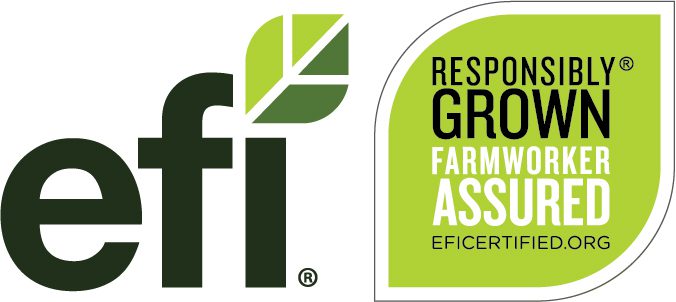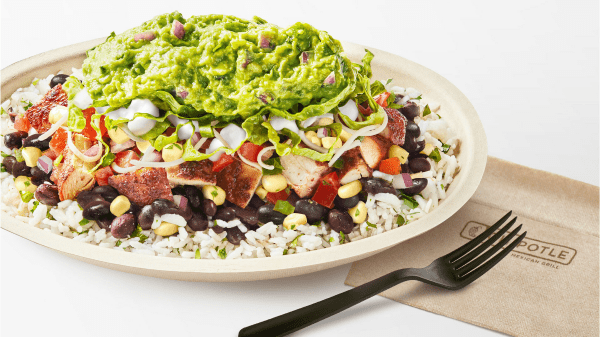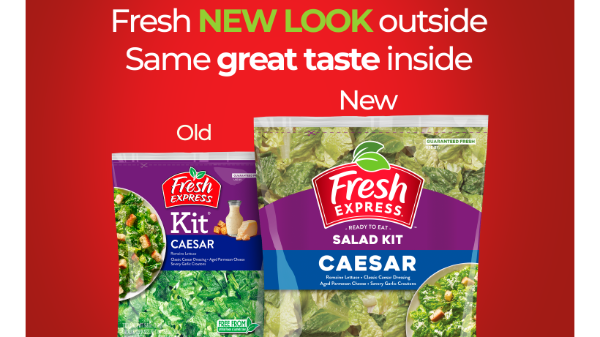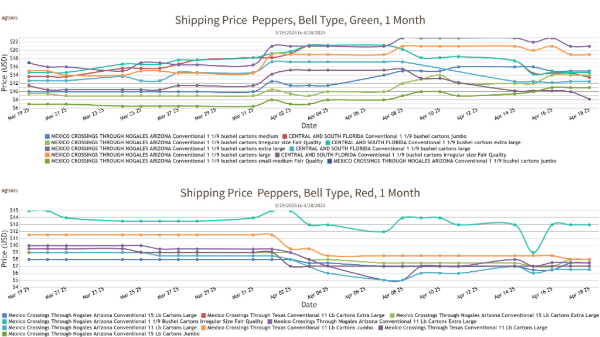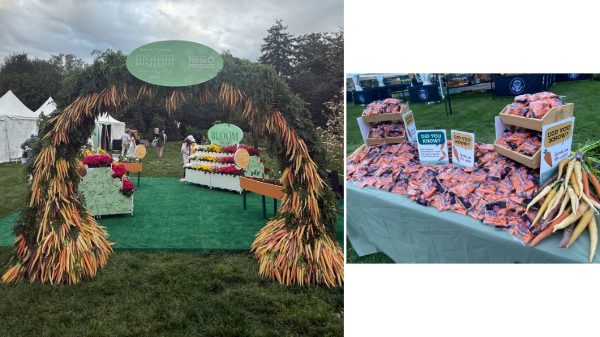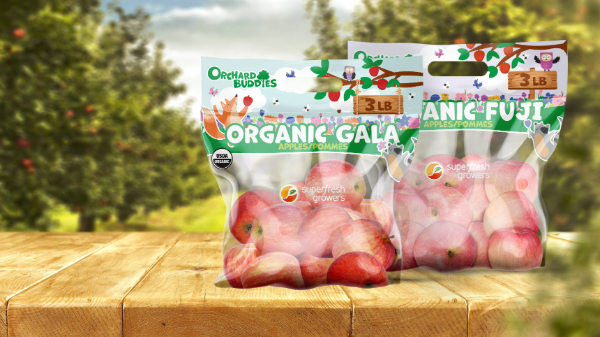Welcome to Blue Book!
Are you ready to join the thousands of companies who rely on Blue Book to drive smarter decisions? View our plans and get started today!
Still have questions? We’d love to show you what Blue Book can do for you. Drop us a line– we’ve been waiting for you.

Texas has seen a 108 percent increase in fresh produce import volume from 2007 to 2015. That’s a lot of trucks. In 2015, Texas ports crossed 210,000 loads of fresh produce from Mexico. While we have seen some improvements in the last few years, our ports are still severely undermanned.
We need more CBP ag specialists, more USDA Animal & Plant Health Inspection Service (APHIS) insect identifiers, and more FDA inspectors. Additionally, we need more FDA lab capacity to handle holidays and weekends. Ideally we’d like to see private labs that are fully certified by the FDA to be located near major ports of entry so these private labs can provide sample results quickly and efficiently and the FDA would recognize those results as they would their own.
Along these same lines, with the implementation of FSMA, we must be certain the FDA has the financial resources to effectively handle the new requirements and that the financial burden doesn’t fall entirely on the industry. We don’t want to experience major bottlenecks as the FDA begins to enforce the new standards.
Jungmeyer: We’d like to see a reduction of inspections by multiple agencies in Mexico [for shipments heading] northbound. All these inspections should be compressed at the border; they shouldn’t be happening miles from the border.
The military inspection, for example, happens a two-hour drive south of the border, and sometimes the line of trucks is many kilometers long. We haven’t heard about too many problems this year, but having the inspection that far from the border doesn’t serve a real security purpose.
In addition, Mexican customs inspection is located about 14 kilometers from the border. All of the necessary inspections should be brought up to the border. As far as southbound inspections, that’s less of a problem but we’d like to see more coordination there between agencies.
Right now, the United States inspects southbound trucks for weapons, ammunition, and money. Trucks going north are checked for drugs. Certainly inspections need to occur, but in a way that doesn’t add unnecessary inefficiency.
How might the November election impact your members, the industry, and imports?
Erickson: That’s an interesting question and one that concerns me. The tone of today’s politics is incredibly polarized and vitriolic. This doesn’t bode well for the produce industry, or any other industries in the United States, for that matter.
We need a functioning legislative branch. Our industry needs a workable guest worker program, if not comprehensive immigration reform altogether. Sadly, it has almost become a cliché, but we literally have grower members who have left hundreds of thousands of dollars of product to rot in the field because they did not have the labor to harvest it. We were so close to achieving immigration reform a few years ago, and now it seems as far out of reach as ever.



